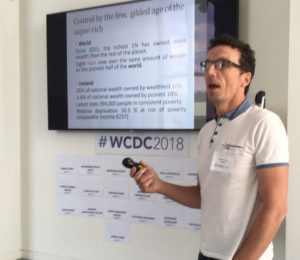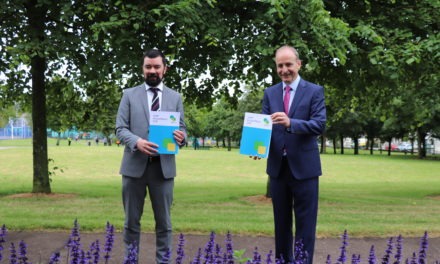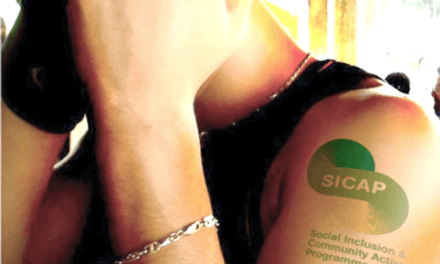The work of community development and social inclusion organisations has a consistent track record in Ireland. So why do those organisations continually have to justify its existence?
The recent regional Social Inclusion and Community Activation Programme (SICAP) meetings – highlighting through case studies the impact of our work on people’s lives – are welcome. Equally, the idea that we need to publicise the work of the programme cannot be disputed.
This emphasis on qualitative assessment is not new. It was a big part of the social inclusion programme in the 1990s and early 2000s. We share our learning and, when numbers are made flesh to reveal the humanity of the work, that’s the value of it.
The Department of Rural and Community Development’s idea that we need to sell the benefits of the programme is not new either. Paradoxically, it was the primary justification for the move towards greater quantitative assessment that culminated in the emergence of the IRIS data system.
The argument, with some justification, was that funders needed hard data to appreciate the impact of social inclusion and community development work and that, at that time, the systems to support the harvesting of this data were not robust enough.
This goes back to the 1980s
While it is vital that we take responsibility for the promotion of the programme, SICAP is but another episode in a series of community development- and social inclusion-type programmes stretching back to the 1980s. The programmes have changed over the years (including the introduction of privatisation in the form of tendering), but the focus remains much the same.
So, why does community development and social inclusion work have to perennially justify its existence? After all, both are internationally agreed, evidence-based concepts. The concept of social inclusion was first used in France and has long been part of EU and national policy, and community development is recognised internationally as playing a “crucial role in supporting active democratic life by promoting the autonomous voice of the disadvantaged and vulnerable communities”.
Maybe it is because the very existence of such programmes shows that the existing systems of governance are unsatisfactory in meeting people’s needs. This – and the fact that the people the programmes seek to support (target groups) are poorly represented in the establishment – means that those in power may, despite their best efforts, lack real understanding of certain issues. If you haven’t had a housing issue, for instance, or if you are a landlord, you have a different perspective from someone who has lost their house, is homeless or is struggling to keep their house. This is human nature.

Robert Carey speaking about income inequality at the 2018 World Community Development Conference, held in Maynooth. Photo: Allen Meagher.
Another reason may be the inflated expectations around community development programmes such as SICAP. Essentially, local development companies (LDCs) implement the programme, which, though important, is modestly endowed in terms of resources. Furthermore, it is operating within an overall liberal market economic system which has seen inequality increasing and access to basic services decline.
Yet, in many local community development committee (LCDC) areas, despite there being myriad other agencies who also deliver services that impact on inclusion, the only social inclusion impacts being measured are those delivered by SICAP.
The key difference SICAP can claim is that it is a community development programme and, as such, brings with it certain characteristics in approach and substance, such as its emphasis on empowerment, social justice and supporting progressive activism.
We too bear responsibility
This brings us to my final reason why the sector has not become fully accepted, and here we bear some responsibility.
As a sector, we have become so adept at pleasing the funders and various bodies to whom we report to – using corporate language and methodologies – that we are in danger of losing the essence of what we do and thus the ability to communicate it.
Recently, I was with a group advocating for services in their area. They wanted to communicate their message in a way that would resonate with decision makers.
A member suggested that they tell the stories of the people who had been helped to date, and how the supports provided were essential to improving their lives.
“Talk about the people?!” was the response. “They won’t be interested in people. What we need are facts and statistics.”
Our own values
So, the group settled on using both approaches, but it was typical of the approach we have all internalised. The sector has become like a vassal state that adopts the values of the parent state and loses its sense of self.
We who work in and support the sector need to be clear of our own values, and of the values of community development and social inclusion work. We need to take every opportunity to communicate them in dialogue with other stakeholders, and to do so without self-censorship. We must be willing to speak truth to power in support of groups or about social exclusion issues, and to do so by being confident in our own skins.
I say this because now, while we are between recessions, is the very time in which we need to make the case for investment in social inclusion and community development work in order to help strengthen the foundations for social cohesion and inclusion.
Interested in reading more about the state of Ireland’s community development sector? Check out our latest issue.





